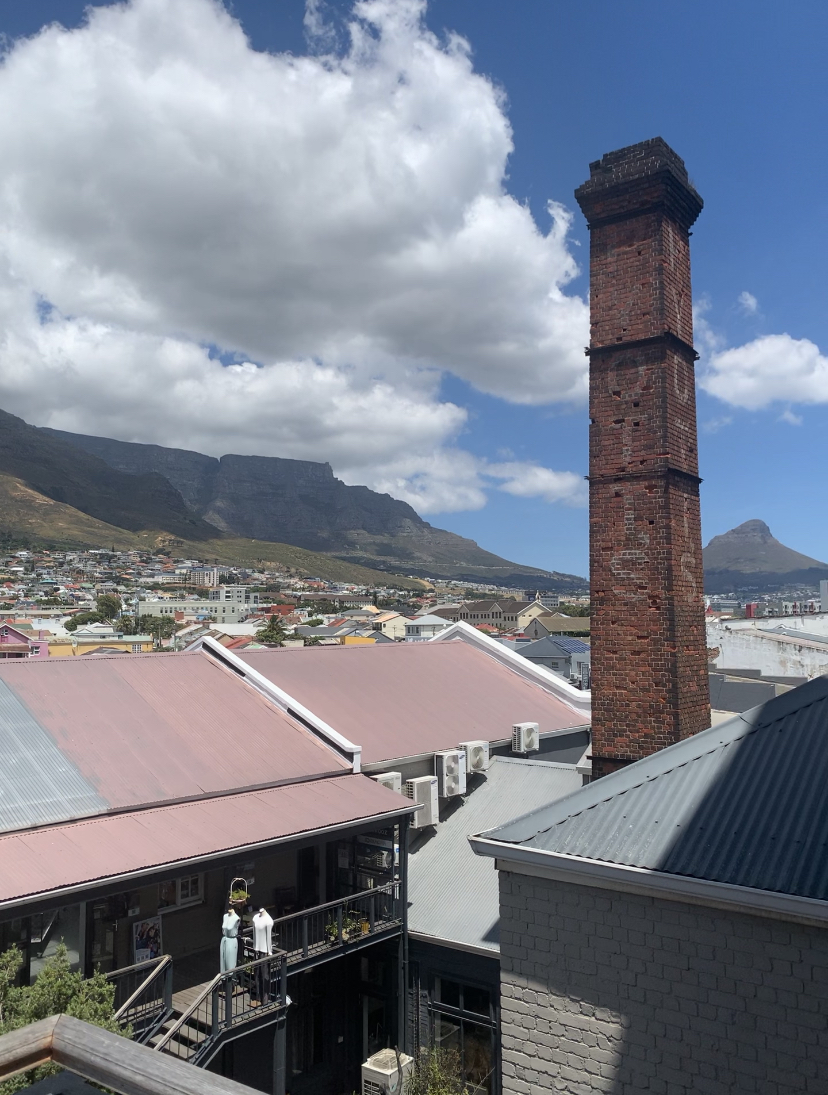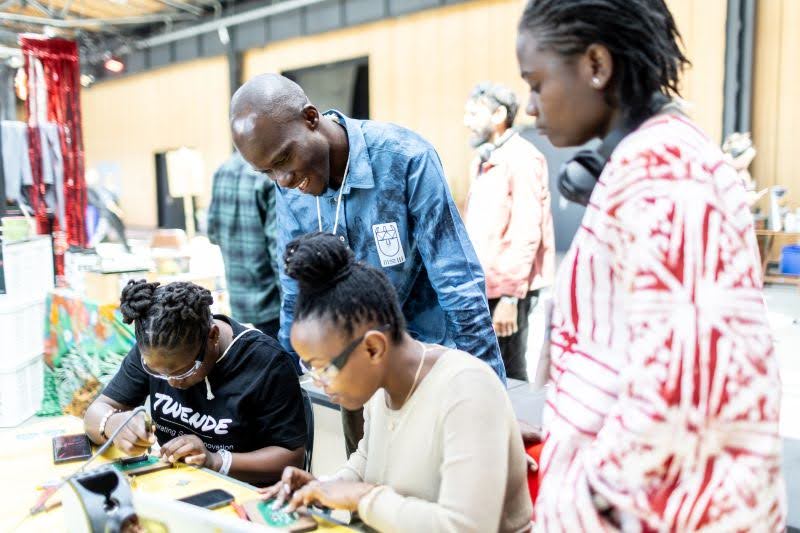The Future of Makerspaces in Africa
- December 16, 2022
- 6 min read
I recently joined the Internet of Production Alliance (IoPA) as Project Coordinator for the mAkE project, and I had the chance to do part of my onboarding at the Africa Maker Space Gathering (AMG) in Cape Town, South Africa. The Africa Makerspace Network organized the event at the industrial and creative “hipster” Old Biscuit Mill (which used to be a biscuit factory), home of office spaces and conference rooms, workshops and designers’ stores, restaurants, and markets on weekends, with a stunning view on the iconic Table Mountain and Lion’s Head.
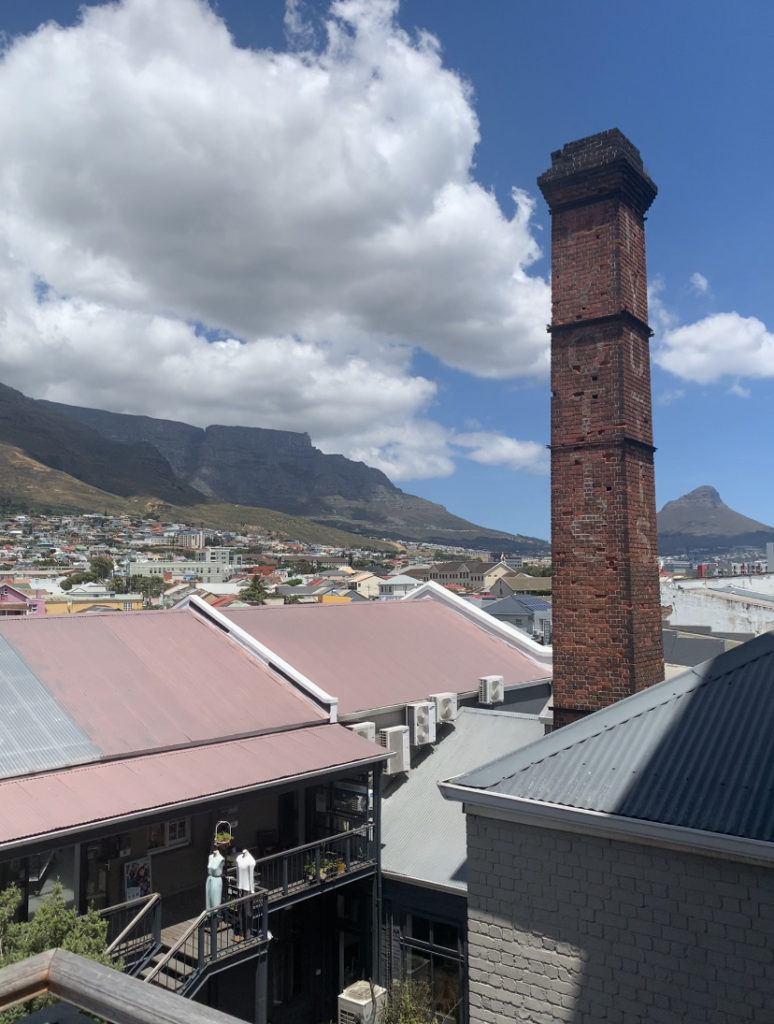
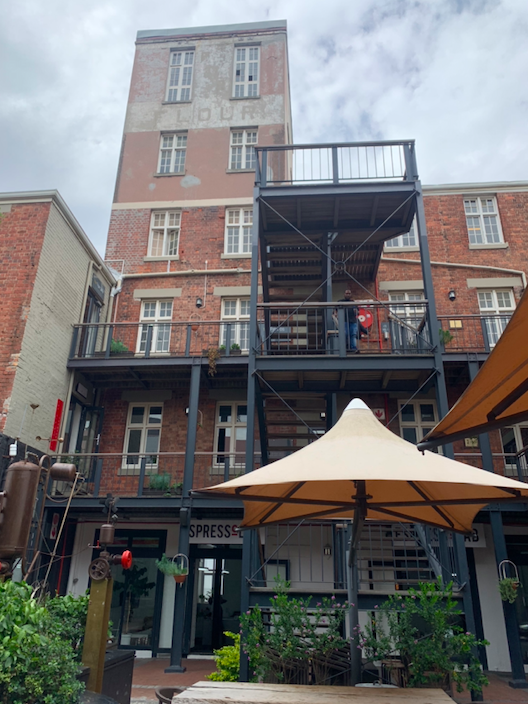
Makerspaces from Ghana, Tanzania, Ethiopia, Kenya, Zimbabwe, and South Africa were represented. What particularly impressed me is how makerspaces want to impact their community. In addition to the community of fabricators, artists, scientists, engineers, educators, and professionals known as makerspace users, this is a chance for community members to employ technology to address issues.
Their objective is to educate persons of all backgrounds, genders, and ages with the skills necessary to create innovative digital solutions that will enable them to support themselves and improve their lives.
Impactful initiatives
African makerspaces develop many initiatives to attract and train underprivileged people. Women and girls, unemployed or unschooled, with low support and lack of opportunities, can now access trainings and opportunities to learn skills and support to better their lives. During the African Makerspace Gathering, a MakerGirl competition was organized, presenting the fantastic programs developed by the African makerspaces participating in the event. RLabs from South Africa has a few programs to give membership, support, and educational tools for people to develop their entrepreneurial projects. iZonehub Makerspace in Zimbabwe launched Girl Code in 2018, generating much interest and is now launching the Maker Girl Initiative to train women and girls on software development and how to monetize their acquired skills. BiTMakerspace in Ethiopia created Maker Girl to support mothers with daycare, home mentorship and online opportunities to learn remotely. In South Africa, GrabAGrad with the Womxn in Tech Program to give training to all-level graduates on Software development, database, processes, and design thinking to learn skills required by workplaces. This year the winner was Twende, from Tanzania, with the initiative Girls in Hardware Tech (launched in 2021), an empowering program for girls and women to build hardware tech solutions, from prototype to MVP. Most of the ladies from the program have now launched their products in the local market.
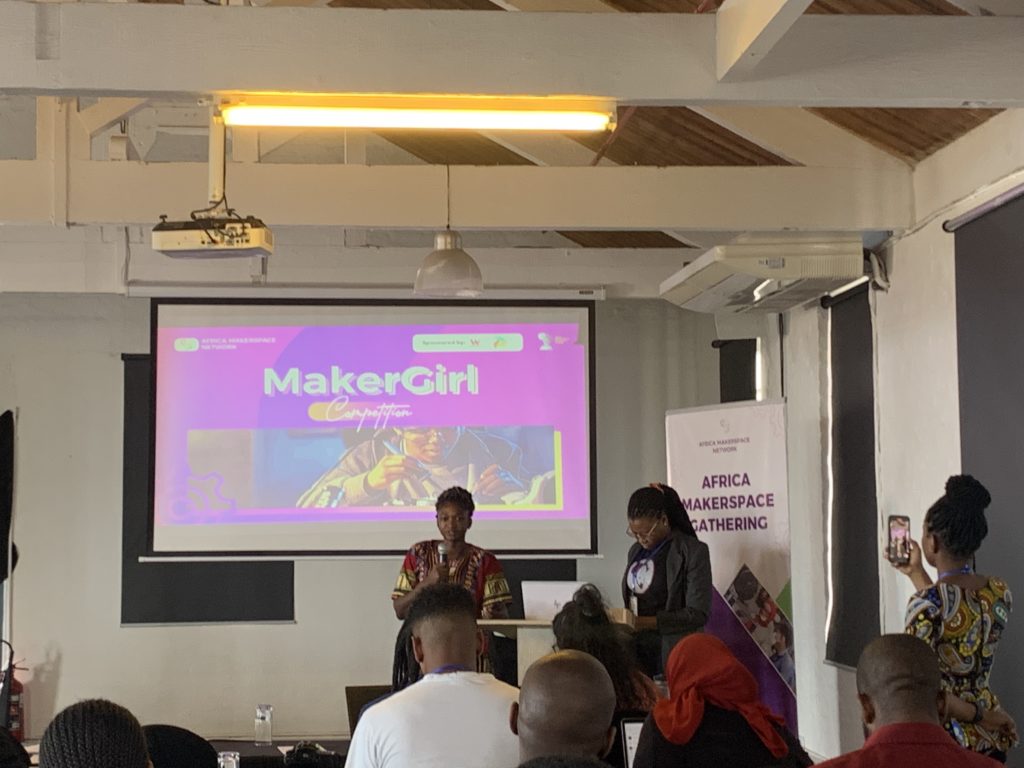
The competition was tough as all programs are winners, as they all have positively impacted their community by giving these women opportunities, hope, ambition, and a career path. They can proudly support their families with the tools and skills they gathered from these programs.
African makerspaces provide jobs, opportunities for gender-inclusive training programs, and initiatives contributing to STEAM Education by producing learning and teaching aids, among others. Because of the difficulty of accessing raw materials, they are even more creative in using waste, upcycling, and recycling.
Challenges
Despite all initiatives, efforts and dedication, African makerspaces still need help to become fully sustainable. Most of the spaces are struggling with finances. They have the capacity for prototyping but not production. It is also challenging to move goods from one country to another on the same continent. And how can they measure impact? How can they ensure the quality of products made in makerspaces? What is the standard for quality? Some makerspaces can be reluctant to introduce a framework and policies as it may look like a threat to them. What about bureaucracy and regulation of the industry? Africa has multiple countries obliged to their respective jurisdiction and politics. One needs finance to produce, but how do you get investment?
Makerspaces need insurance in case of accidents. Standardization of makerspace operations via a regulatory framework is essential. Insurance and quality need to be standardized. Standardization would help in obtaining fair remuneration for labour. It also encourages the trust to continue further by facilitating exchanges and cooperation.
mAkE
And therefore, the mAkE project is essential. At the IOPA, we are working on the Business Model and the Technical Innovation parts of the project.
Makerspaces struggle with finances, and especially African ones. We need to develop Business Models to make them sustainable and to become cases for investment. The Open Catalogue of Business Models, researched and developed by Anna Sera Lowe, will be accessible online. It is meant to serve as an inspiration. In Europe and Africa, the business models will be for hubs, makerspaces, small enterprises, entrepreneurs, and start-ups.
On the technical innovation side, we are working on developing a Mutual Recognition Standard for a Maker Passport and a Distributed Contracting System.
The People and Skills Standard’s goal is to create a shared understanding of the explicit, implicit, tacit, and procedural knowledge necessary for individual makers to participate in and easily navigate a distributed manufacturing ecosystem, this navigation will be enabled by using a digital ‘maker passport’, the criteria for which will be defined by maker community members and led by our Research and Community Lead, Sarah Hutton.
A Distributed Contracting System prototype would enable testing what a qualitative decentralized manufacturing system could be, engaging makerspaces from Europe and Africa to be part of a new production model. The research is led by Tiberius Brastaviceanu, Research and Community Lead.
With such an interconnected system and strong network, we can envision the day where production will be locally or regionally made-on-demand, respecting the environment and the values of transparency, fair trade and collaboration.
The pandemic demonstrates the potential for makerspaces to mobilize digital innovation in response to the crisis. Makerspaces are growing everywhere on the planet, and they can provide solutions. What confirmed the African Makerspace Gathering is that makerspaces in Africa have the potential for digital innovation, skills building, and job creation, and standardization, collaboration, framework, and open resources are essential to achieve sustainable goals.
With the mAkE project, we will be able to provide makerspaces, entrepreneurs, SMEs, and startups open resources and new open standards and tools to enable them to build sustainable businesses, networks of local, smart production and cooperation between European and African Digital Innovative Hubs and other relevant stakeholders.
The future of makerspaces with available technology for distributed, local and smart manufacturing is now!
Article by Jessica Nguema, IOPA Project Lead (mAkE)

